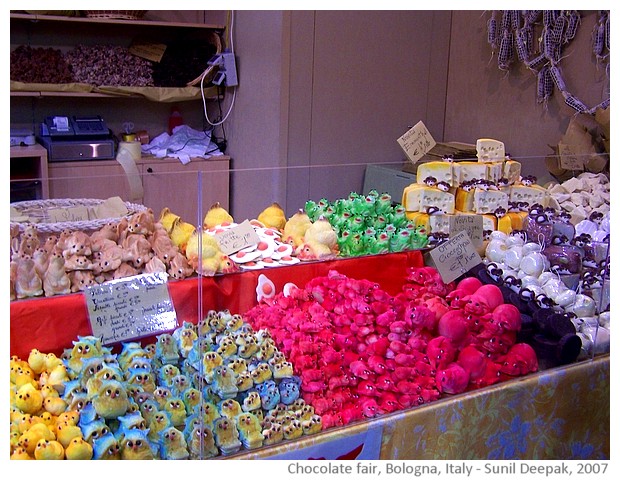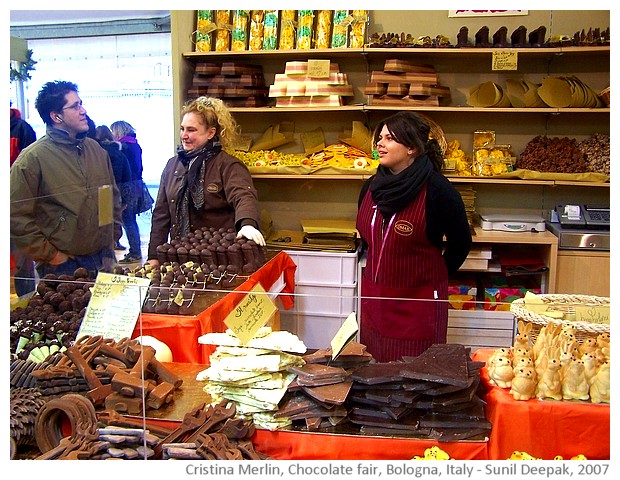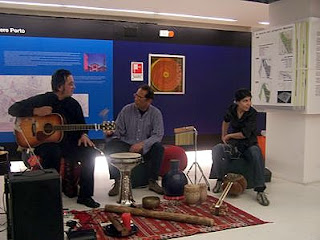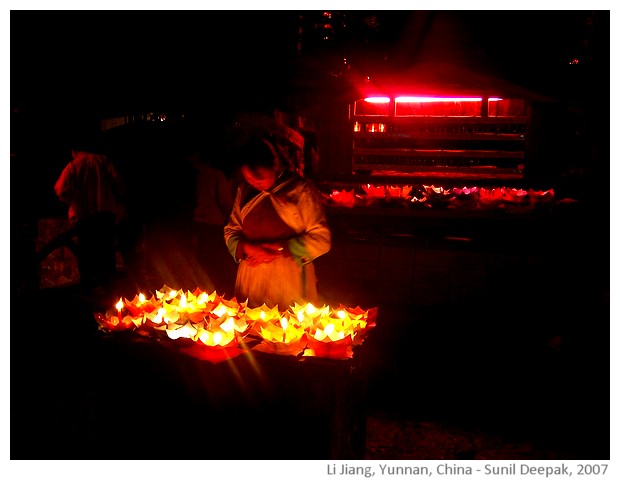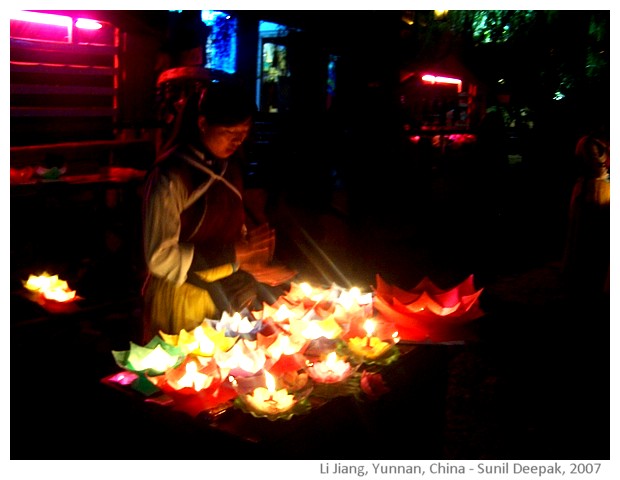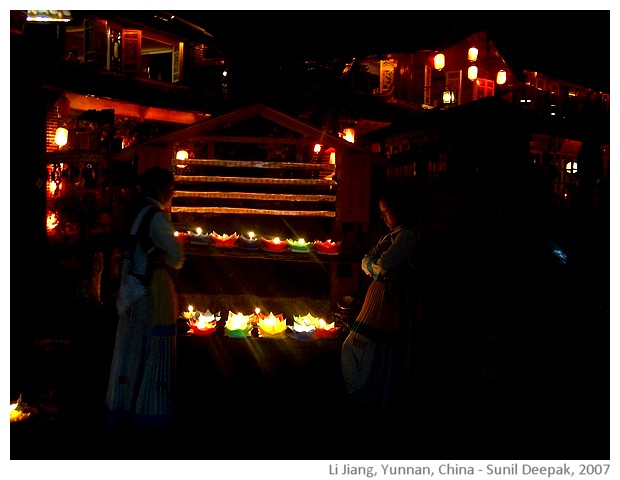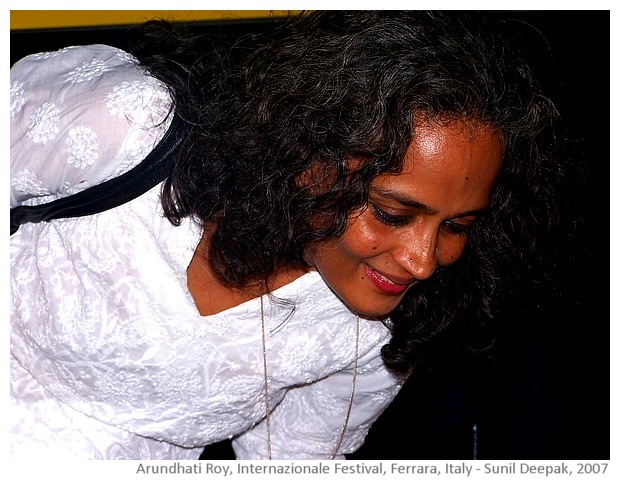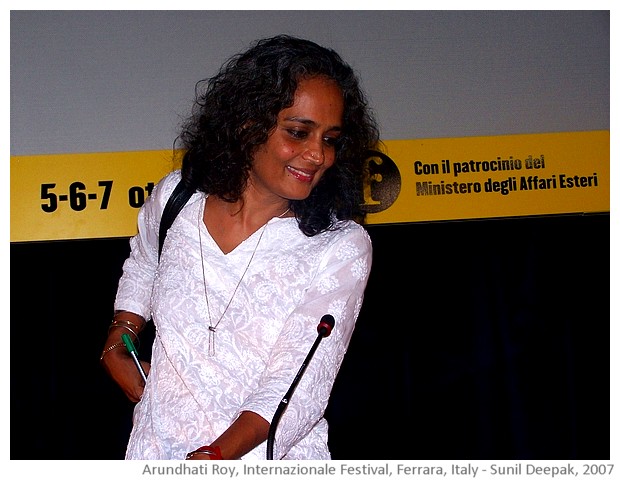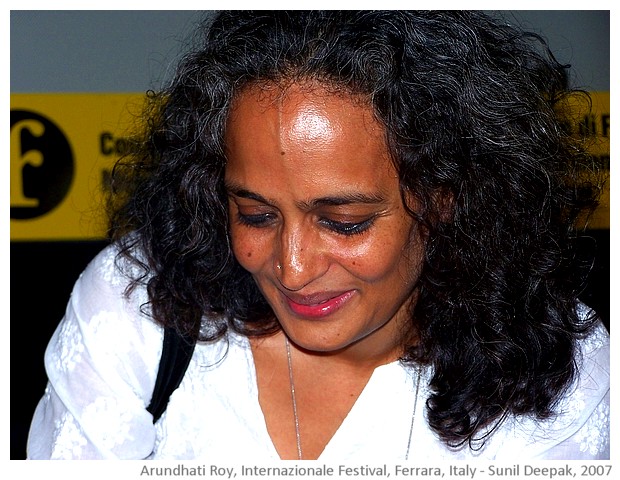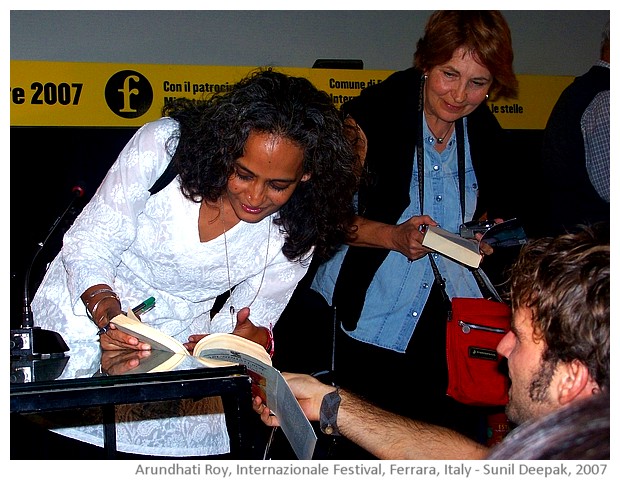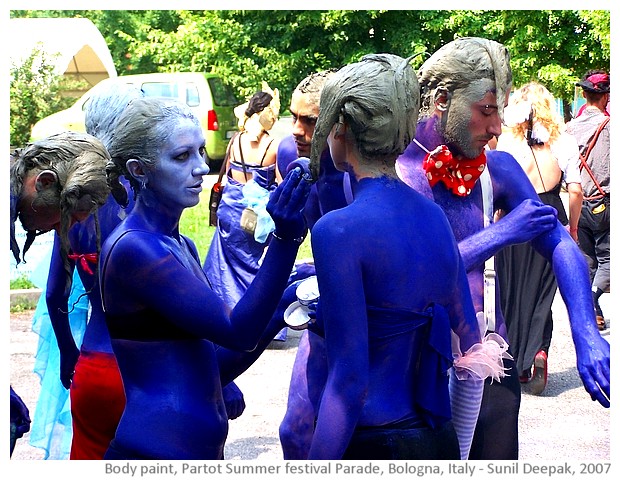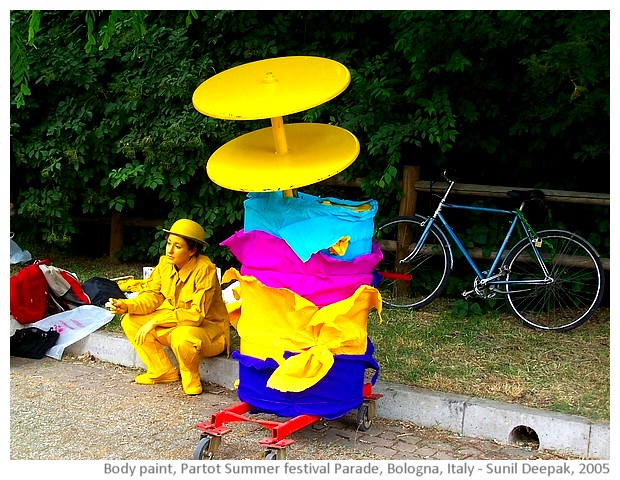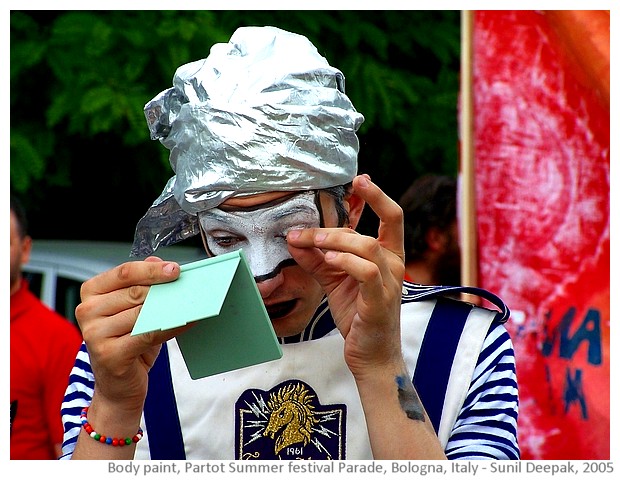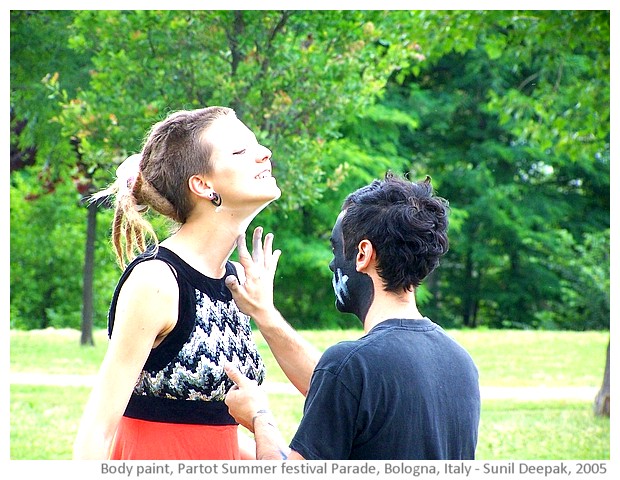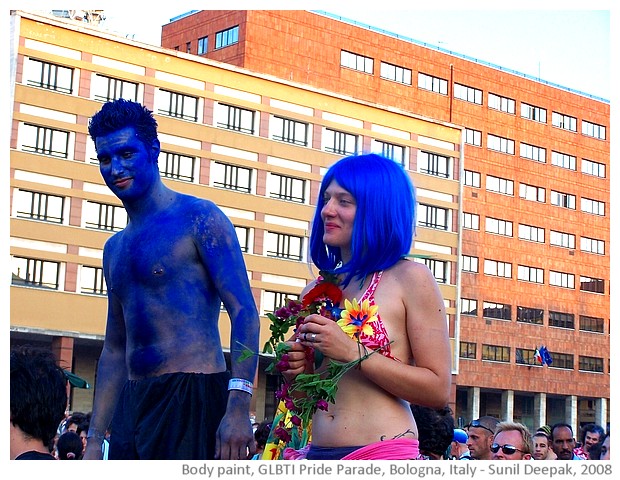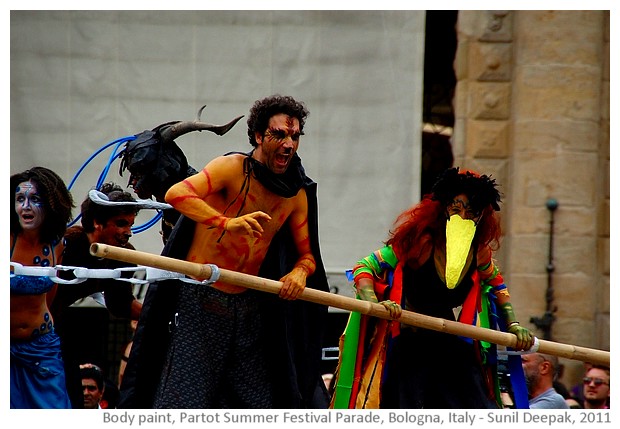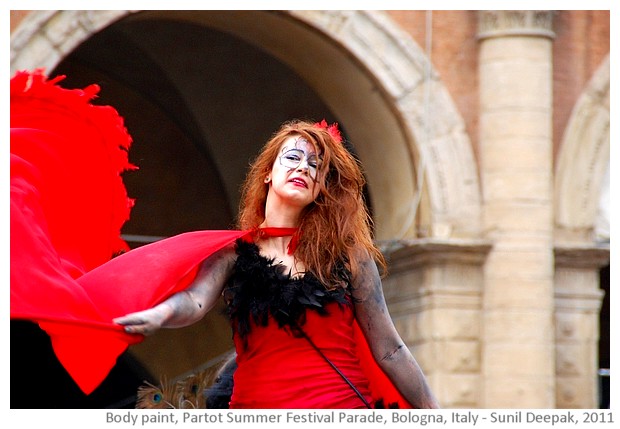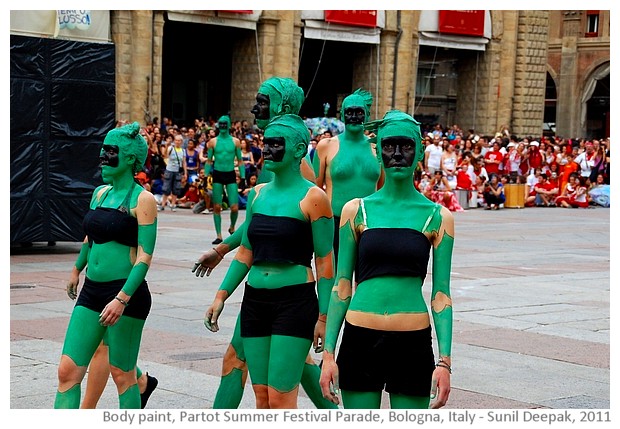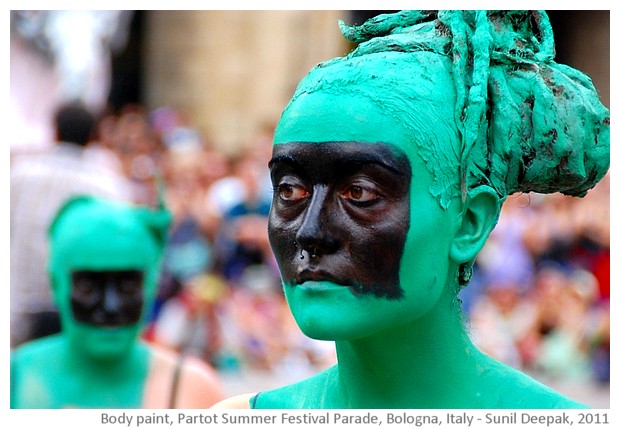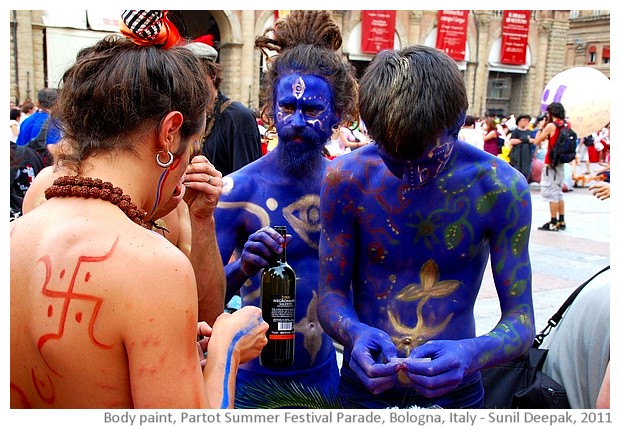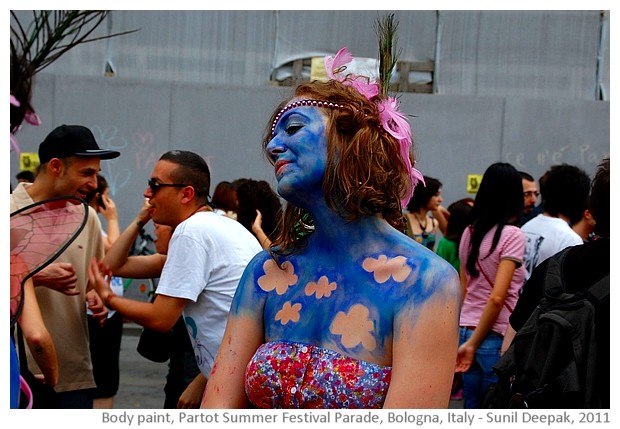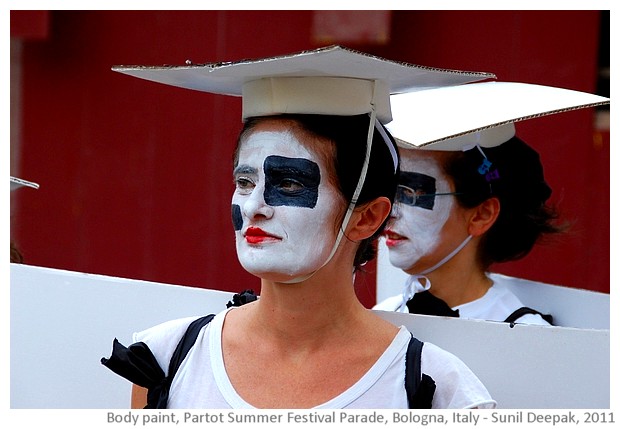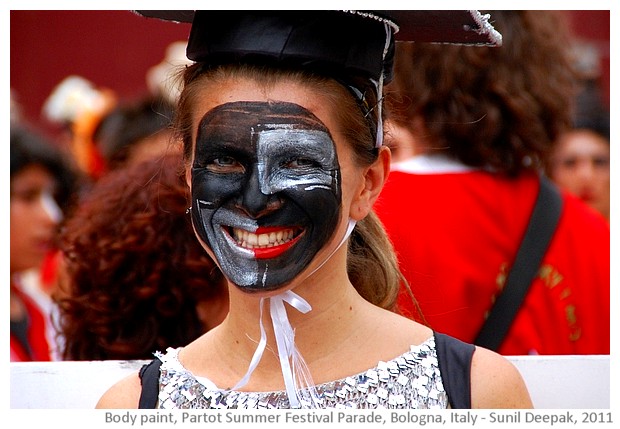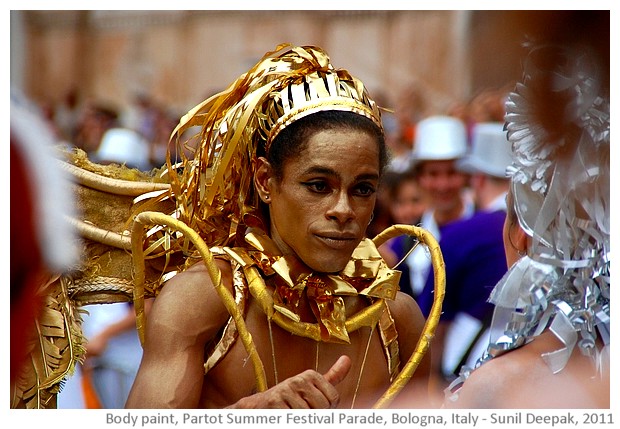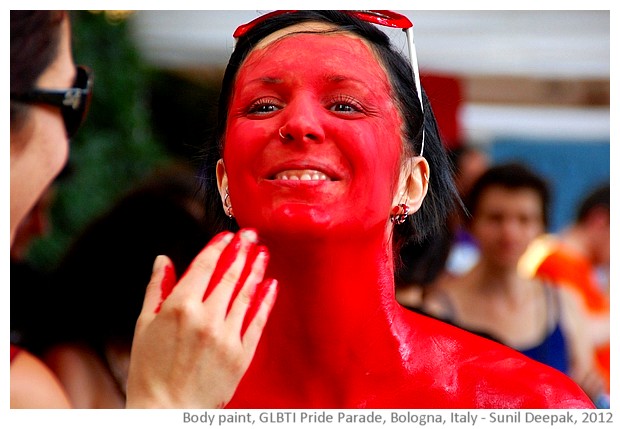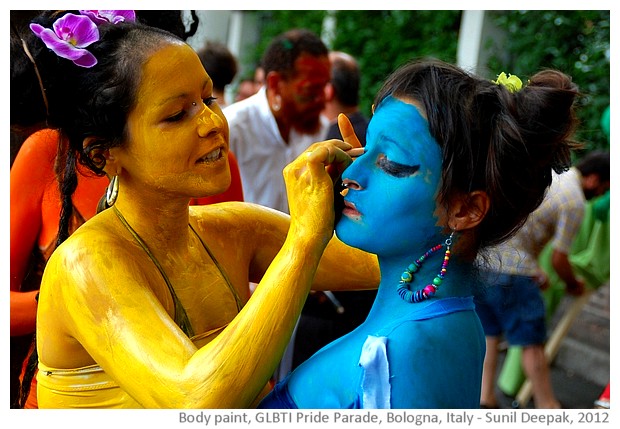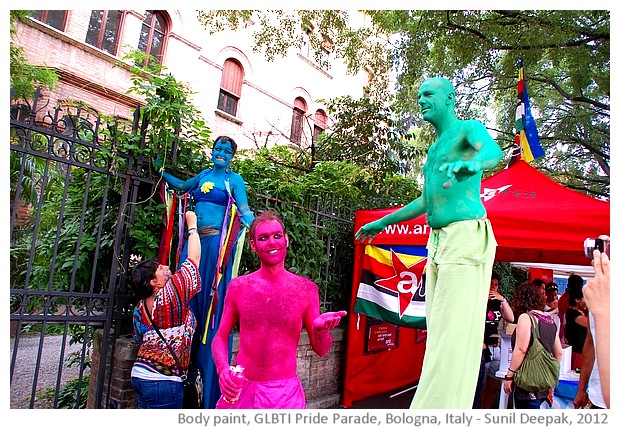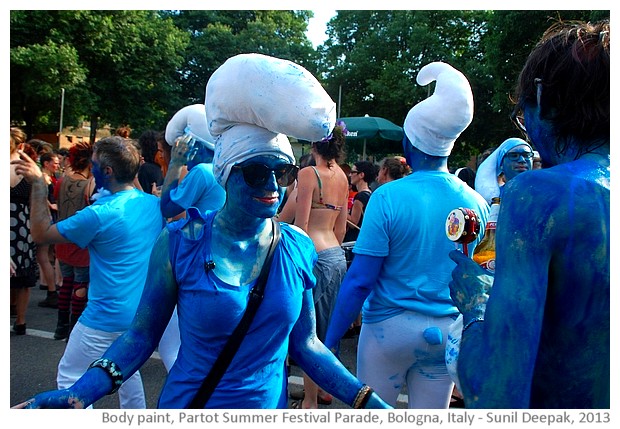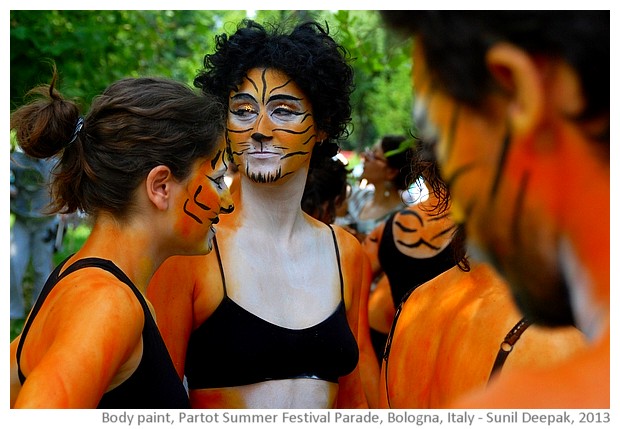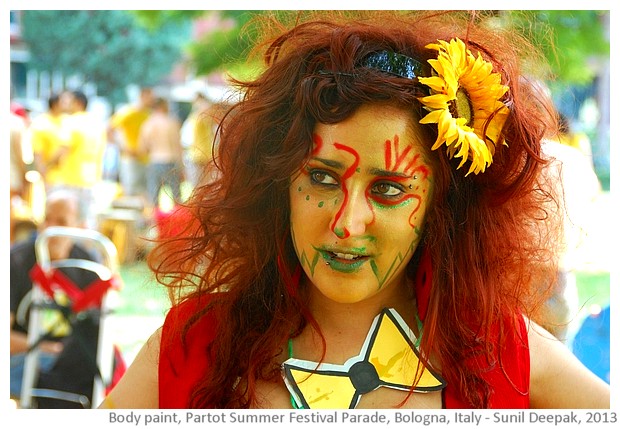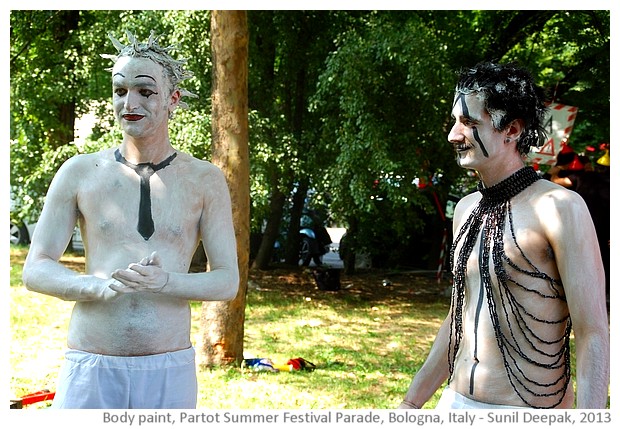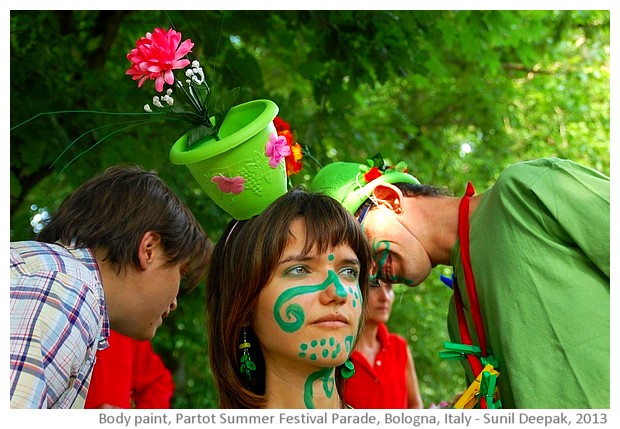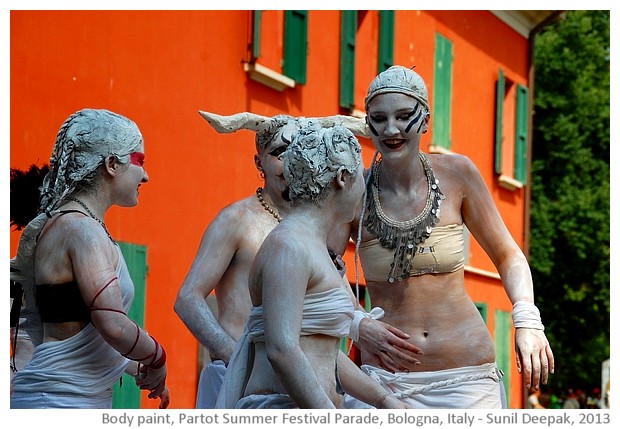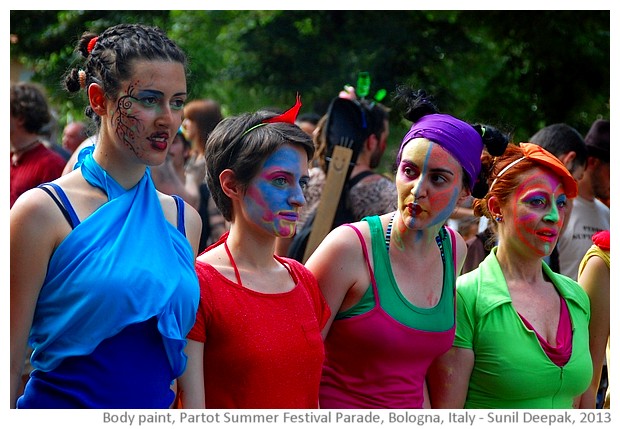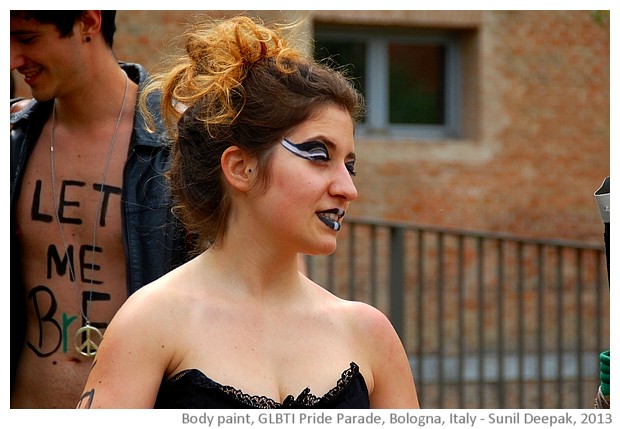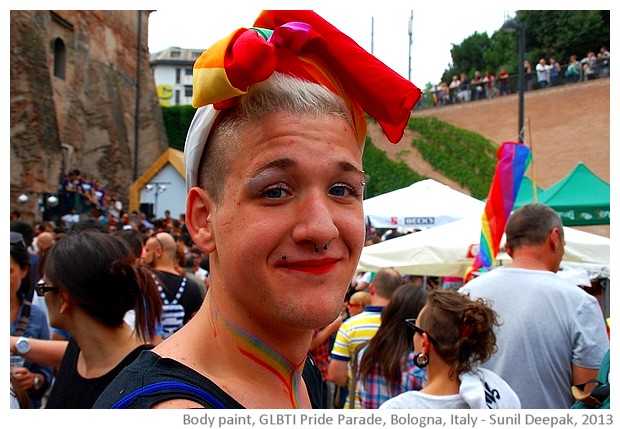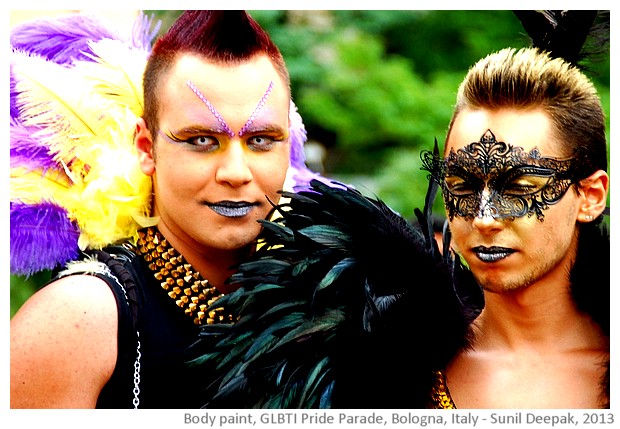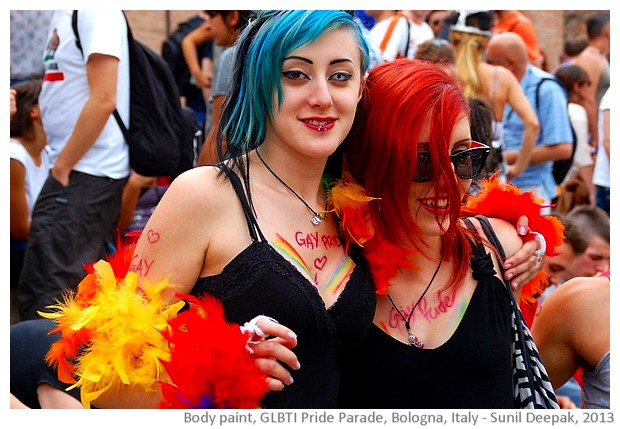I don't usually associate the words like writers or poets with police. Not that I ever knew any one from the police but it was about their image. It is true that I had read of well known police woman like Kiran Bedi and she is not the usual image of police, but in my mind, without ever consciously thinking about it, she was some thing exceptional.
Priyanker had written to me about his friend Mahendra, that Mahendra from the police services was coming to Vicenza in Italy for some training and that Mahendra was also a poet. That intrigued me, a policeman and a poet? Poetry means sensitivity and understanding of human pain and suffering. Police duty means bringing criminals and law breakers to justice, where there is not much space for senstivity or understanding. That is what I thought and the apparent contradiction, intrigued me.
Priyanker had written to me about his friend Mahendra, that Mahendra from the police services was coming to Vicenza in Italy for some training and that Mahendra was also a poet. That intrigued me, a policeman and a poet? Poetry means sensitivity and understanding of human pain and suffering. Police duty means bringing criminals and law breakers to justice, where there is not much space for senstivity or understanding. That is what I thought and the apparent contradiction, intrigued me.
It would have been lovely to meet Mahendra but the only problem was to find an opportunity. "We are busy throughout the week, and next two weekends we also we are busy", Mahendra had said. I only these two weekends free and then I am supposed to go to London for work. Probably it will be difficult to meet him, I had thought in my heart.
And then he sent a message yesterday that today, Sunday 25 November evening, their group was passing through Bologna and stopping at one of the local police offices for dinner, on its way back to Vicenza. And so I asked my son to accompany me to meet Mahendra.
There are thirteen persons from different police related services from India, who have come here for "training of trainers" course for UN peace keeping. Apart from Mahendra Singh Poonia, suprintendent of Police at the Government Railway police in Siliguri, I also had a brief opportunity to meet Satya Narayan Sabat, DIG Police UP. Like Mahendra, even Satya Narayan is into creative writing. His book 'Bharatiya Sanskriti Mein Manavadhikar ki Avadharana' (Ideas of human rights in the Indian culture), which deals with human rights in the light of Indian culture and stresses how it directly and indirectly is influenced by the same, received a national human rights commission award in 2004-05.
It is not often that I get an opportunity to meet creative persons involved in Hindi writing and it would have been wonderful to know them better but the time was short and soon we were surrounded by other persons from the Indian group, including three women. I heard the introductions, Simla, Himachal Pradesh.. Chennai, Tamilnadu... Rewa, Madhya Pradesh, ...CBI, CRPF, ... but the there was no time to learn their names or to know them as persons.
And then he sent a message yesterday that today, Sunday 25 November evening, their group was passing through Bologna and stopping at one of the local police offices for dinner, on its way back to Vicenza. And so I asked my son to accompany me to meet Mahendra.
There are thirteen persons from different police related services from India, who have come here for "training of trainers" course for UN peace keeping. Apart from Mahendra Singh Poonia, suprintendent of Police at the Government Railway police in Siliguri, I also had a brief opportunity to meet Satya Narayan Sabat, DIG Police UP. Like Mahendra, even Satya Narayan is into creative writing. His book 'Bharatiya Sanskriti Mein Manavadhikar ki Avadharana' (Ideas of human rights in the Indian culture), which deals with human rights in the light of Indian culture and stresses how it directly and indirectly is influenced by the same, received a national human rights commission award in 2004-05.
It is not often that I get an opportunity to meet creative persons involved in Hindi writing and it would have been wonderful to know them better but the time was short and soon we were surrounded by other persons from the Indian group, including three women. I heard the introductions, Simla, Himachal Pradesh.. Chennai, Tamilnadu... Rewa, Madhya Pradesh, ...CBI, CRPF, ... but the there was no time to learn their names or to know them as persons.
Soon their instructors were telling them to get ready for the journey back to Vicenza and we said hasty goodbyes. As I came back home, I was thinking, how often we tend to categorize persons by mental stereotypes and yet when you know the real persons, they are very different from those stereotypes. My perception of persons in the security forces has changed from this brief encounter.
The two pictures above from the evening - In the first one, from left to right, it is Satya Naayan, I, Mahendra and my son Marco Tushar; the second picture is of some members of the Indian group.
The two pictures above from the evening - In the first one, from left to right, it is Satya Naayan, I, Mahendra and my son Marco Tushar; the second picture is of some members of the Indian group.
***



